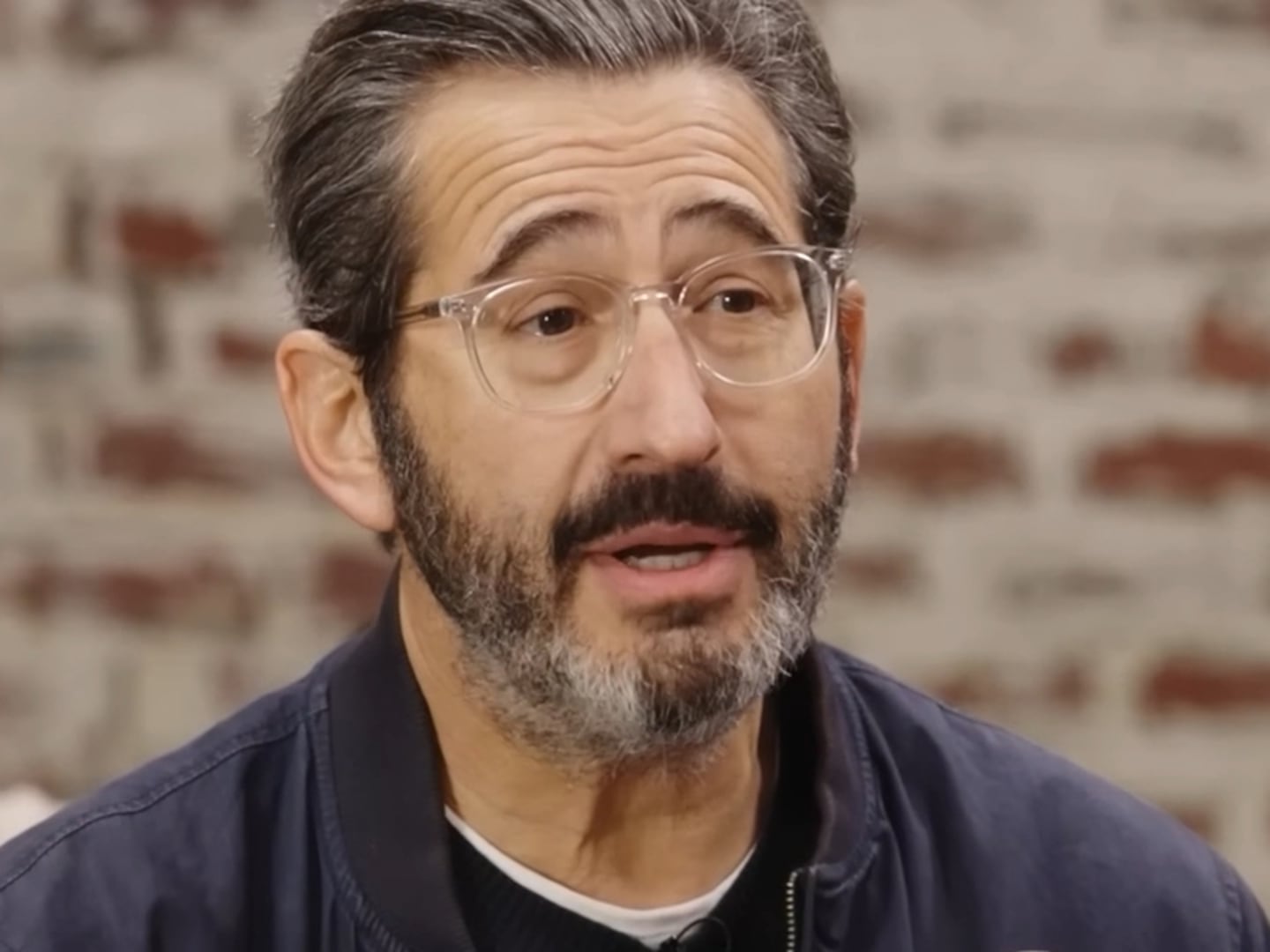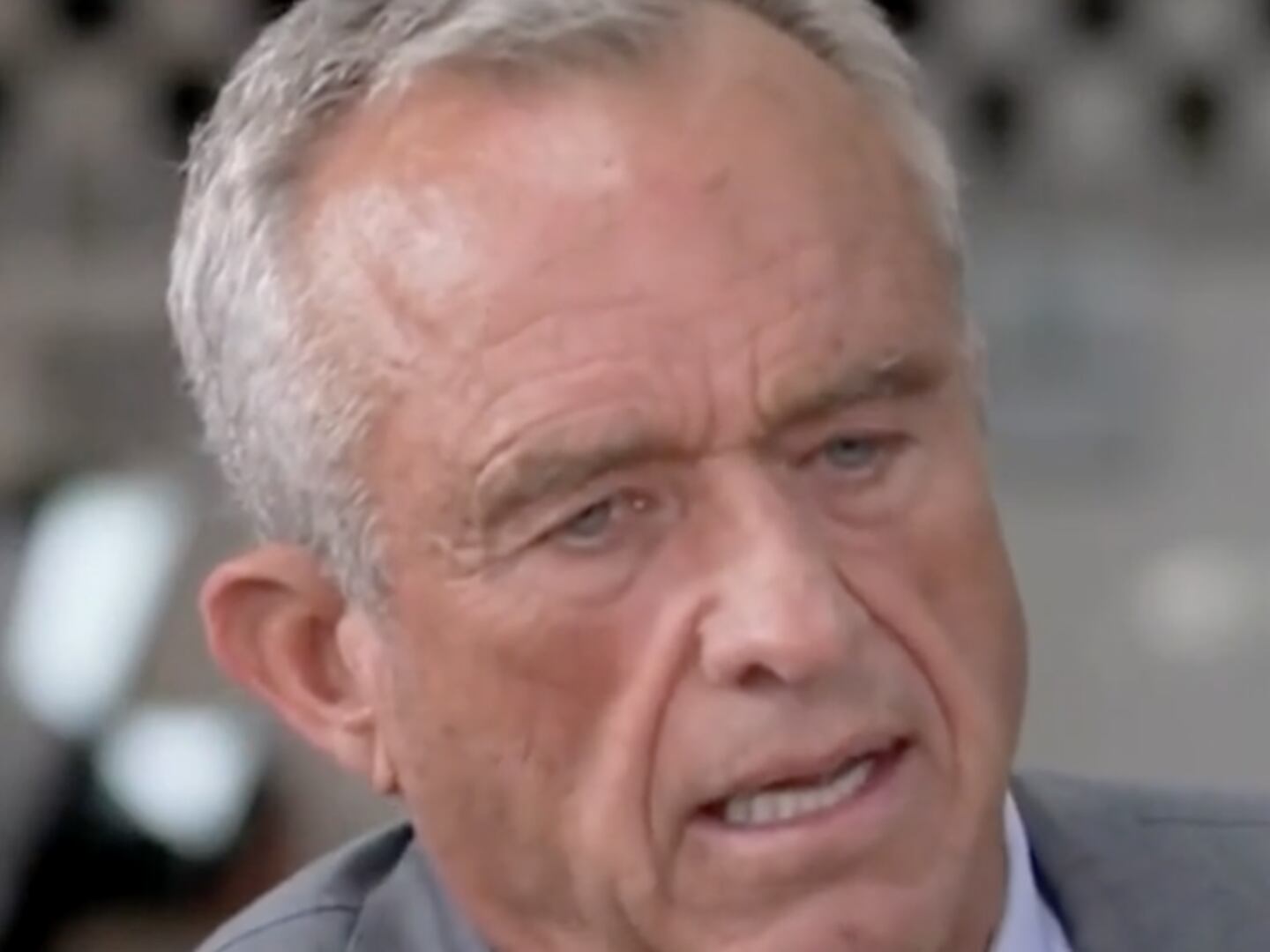Elections
Photo Illustration by Luis G. Rendon/The Daily Beast/Getty
How Nikki Haley Can Win Super Tuesday Without Winning Anything
LOSING IS AN OPTION
While Haley’s Super Tuesday outlook might look bleak, there’s still a target she can hit to make it worthwhile.

Trending Now




